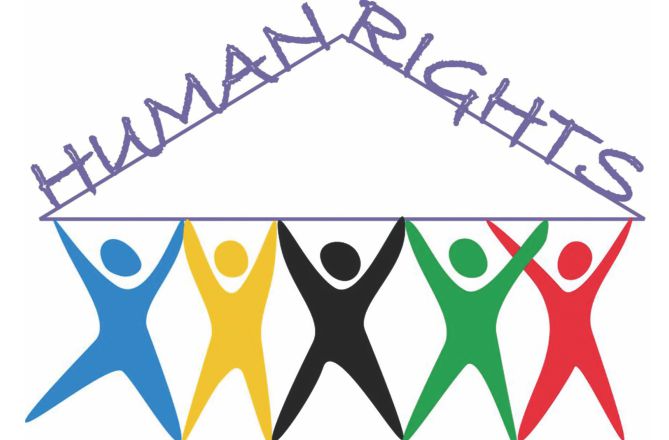Human rights education is the teaching of the history, theory, and law of human rights in schools and educational institutions, as well as outreach to the general public.
Criticism
Sudbury model of democratic education schools keep that values, human rights included, must be learned through experience as Aristotle said: “For the things we have to learn before we can do them, we learn by doing them.” They present that for this purpose schools must motivate ethical behavior and personal responsibility. In order to achieve these goals schools must respect human rights in school by allowing students the three great freedoms—freedom of choice, freedom of action and freedom to bear the results of action—that constitute personal responsibility.
Human Rights Education Models
1. Values and awareness: The Values and Awareness Model focuses on transmitting “basic knowledge of human rights issues and to foster its integration into public values” based on its philosophical-historical approach. This model is what people usually think of when human rights are concerned with the target audience being the general public with topics including global human rights and more cultural based matters.
2. Accountability: The Accountability Model is associated with the legal and political method to human rights in which the learners which the model targets are already involved via professional roles. The model is incorporated by means of training and networking, covering topics such as court cases, codes of ethics, and how to deal with the media.
3. Transformational: This model of education concentrates on the psychological and sociological aspects of human rights. The topics towards which this model is effective are those involving vulnerable populations and people with personal experiences affected by the topic, such as women and minorities. The model aims to empower the individual, such as those victims of abuse and trauma. The model is geared towards recognizing the abuse of human rights but is also committed to preventing these abuses.
Human Rights Education at Schools
Several schools provide human rights education as part of their curriculum, for example linked subjects like History, Politics and Citizenship, but there are also specialized courses, such as Human Rights offered as part of the International Baccalaureate Diploma programme for high school students.
IB Human Rights is an academic subject containing units on
The theory of human rights
The practice of human rights
Contemporary human rights issues
In order to pass the course students are asked to study for two years, take a final examination and produce a coursework.
As part of their Diploma programme students may also choose to write their Extended Essay on Human Rights. This is a 4000 word research paper focusing on human rights.
The IB Human Rights course was originally authored by Joni Mäkivirta, the developer of Cognitive Emotional Pedagogy. Part of the 2002 version of the IB Human Rights syllabus can be found at the Global Human Rights Education (HREA) website. Only part of the syllabus is available at HREA website for copyright reasons.
The complete IB Human Rights syllabus that contains more details, including the assessment criteria, as well as the guide for the Human Rights Extended Essay can be attained from the International Baccalaureate Organization.
